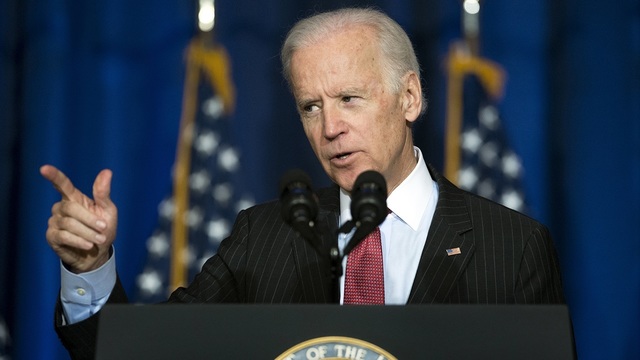This post has already been read 1355 times!
When Vladimir Putin meets Joe Biden for their first summit on Wednesday the Russian leader will not be looking for progress on arms control, the lifting of sanctions or even an apology for the US president saying he is a “killer”.
Putin already got what he wanted: the summit itself.
After a week of meeting allies from the G7, European Union and NATO, Biden will end his first major foreign trip with Putin in Geneva.
Tensions between Moscow and Washington are at their highest in years over a long list of disputes — from cyberattacks and election meddling to the jailing of Kremlin critic Alexei Navalny and designation of his organisations as “extremist” groups.
Expectations for the talks are low, with officials on both sides repeatedly saying the two leaders are unlikely to find much common ground.
But for Putin, experts say, Biden’s invitation to hold the summit was enough, a sign of the respect for Russia that he has always craved in more than two decades in power.
“One of the absolutely crucial drivers of (Putin’s) foreign policy is a sense of having to restore Russia to its rightful place in the world, and these kinds of events absolutely play into that,” said Mark Galeotti, a professor of Russian studies at University College London.
“Just the meeting itself is already a win.”
Biden proposed the summit in April, after Russia sparked Western alarm by massing tens of thousands of troops on its border with Ukraine.
Officials and state media in Moscow hailed the invitation as a victory for Putin, framing the talks as the latest in a series of historic summits dating back to the Cold War.
‘In the big leagues’
“The summit shows Russia is a player in the big leagues,” said Alexander Shumilin of the Russian Academy of Sciences.
“That is how they see it in the Kremlin, and in the West too.”
No one expects the meeting to be friendly, especially after Biden in his first months in office announced new sanctions on Moscow and told a journalist he agreed with a description of Putin as a “killer”.
Biden is promising to talk tough with his Russian counterpart by raising accusations of state-sponsored cyberattacks and election meddling, abuse of human rights, harbouring ransomware gangs and sabre-rattling with Ukraine.
The tensions have seen ambassadors from both countries return home and other diplomats expelled in recent months, with Russia in May formally designating the United States as an “unfriendly state”.
The only bright spot in relations was an agreement in February to extend the New Start nuclear treaty — the last remaining arms reduction pact between Russia and the United States.
Putin told NBC News ahead of the summit that the relationship with the United States was at “its lowest point in recent years” but that he hoped “career man” Biden — who he previously met when Biden was vice-president — would be less impulsive than predecessor Donald Trump.
With cooperation off the table, observers say, Biden and Putin will be happy to settle for moves towards a more predictable form of confrontation.
“Relations between Russia and the United States have become irrational,” said Fyodor Lukyanov, editor-in-chief of the influential journal Russia in Global Affairs.
“There is confrontational anarchy. Now they want to move into a structured system, more reminiscent of the Cold War.”
Putting Russia ‘on a shelf’
An agreement for further talks on arms control would be seen as a positive sign, experts say, as would promises of joint efforts on cybersecurity.
On rights issues like the fate of Navalny, or on Russia’s backing for separatists in Ukraine, no one is holding their breath.
“Putin has made it 100 percent clear that he does not see the United States as a judge or guide on human rights,” independent Russian political analyst Masha Lipman said.
“A breakthrough in Ukraine? Don’t wait for that. The conflict is chronic and it is futile to talk about it.”
The White House said Saturday the two leaders will not hold a joint press conference, with Biden speaking solo to journalists after the talks. Putin is likely to speak separately to Russian journalists.
In the end, Galeotti said, Putin will be able to fly back to Moscow basking in the glory of a summit, while Biden can move on to other things.
“Biden simply wants to… box up Russia and put it on a shelf, he doesn’t want to be devoting attention to this, he has other issues, about Covid, about China,” Galeotti said.
“He’s going to want to more or less say to Russia: ‘Back off, as long as you don’t do anything that really forces me to act, then I’m not going to pay too much attention to you.’”



